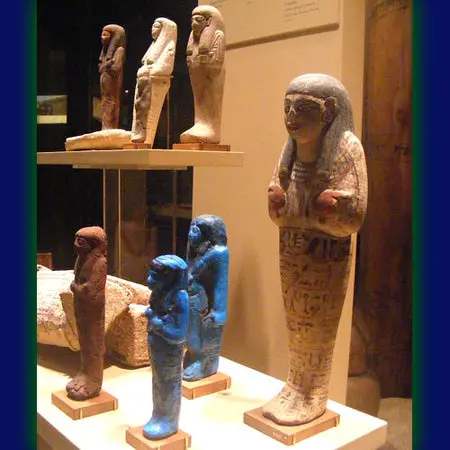The election of Hassan Rouhani as the new Iranian president met with a skeptical reaction in Israel, while the nuclear issue is believed to be still a major concern for the Israeli leadership.
Rouhani is described as a moderate by the West and has taken a stand against the anti-Israel language used by his predecessor Mahmoud Ahmadinejad.
But Israeli Prime Minister Benjamin Netanyahu said Sunday Israel should not be deluded by the election result and the international community must not become caught up in wishes and be tempted to relax the pressure on Iran to stop its nuclear program.
Netanyahu insisted that a nuclear-armed Iran would be an existential threat to Israel, and he, as well as other Israeli leaders, has hinted at a possible military operation to halt Iran' s nuclear program if all other options fail.
A man raises a poster of Iran's former nuclear negotiator Hassan Rouhani to celebrate his victory at the presidential election on a street in Tehran, Iran, June 15, 2013. (Xinhua/Ahmad Halabisaz)
Prof. Uzi Rabi, of Tel Aviv University, said the Israeli reaction is based on the logic of some that Iran is still an Islamic republic, the candidates were approved by the Ayatollah, and Rouhani himself is part and parcel of the Islamic republic.
Yet, Rouhani does not come with the "Israel should be demolished" slogan or Holocaust denial that Ahmadinejad used as he said before this style was counterproductive for Iran, Rabi said.
Rabi argued that Israel is afraid that the Americans would buy the notion that there could be a change in Iran and they would capitalize on that in order to make everybody understand they get a deal with Iran and the new president is going to freeze the nuclear enrichment for some time.
In that case, Israel would feel being isolated, and basically with the Middle East being in a state blended by the Syrian crisis and the Muslim Brotherhood's dominance in Egypt, that could be a real predicament for Israel.
Up until Netanyahu's speech at the UN in September 2012, he and other Israeli politicians quite frequently hinted at an Israeli military action against Iran's nuclear infrastructure.
However, after the speech, that kind of rhetoric has almost disappeared; and in April 2013, Israel and the United States signed a major arms deal which included some but not all the military hardware that Israel had been lacking to conduct an effective airstrike against Iran.
The deal was largely seen as a way for the United States to prove to Israel that it is committed to Israel's security but also a way for Washington to keep Israel calm while they explore a diplomatic option. However, with the change in the Iranian leadership, it remains to be seen if Israel would continue to be silent or if the war rhetoric would return to previous levels.
Dr. Eldad Pardo, of Hebrew University of Jerusalem, said he could fully understand the reaction of the Israeli government because it deals with the real world and not with speculation and theory.
It is a central security issue for Israel and they are very cautious, so it is a reasonable reaction, he said.
"But, it's still too early to tell, (if) there will be a tug-of- war inside Iran [over] taking the right decision and the right decision relates to whether the Iranian government's policy focuses on what's good for the Iranian people, or to continue with the global dreams of controlling the Middle East and the rest of the world," Pardo said.
He added that "it's pretty clear that since the late 1990s, there is a majority in Iran against this policy, but so far the supreme leader and the groups around him have managed to force this aggressive policy on the people."
The backside of the dreams of regional control has, as Pardo pointed out, not been popular among ordinary Iranians who feel that not only have they suffered economically, they have also, to a large extent, been shunned by the United States and Europe.
However, until Israel sees any signs that the Iran leadership, including Supreme Leader Ayatollah Ali Khamenei, is about to change their position on the nuclear issue, the program is to remain Israel's top security focus.
 简体中文
简体中文

